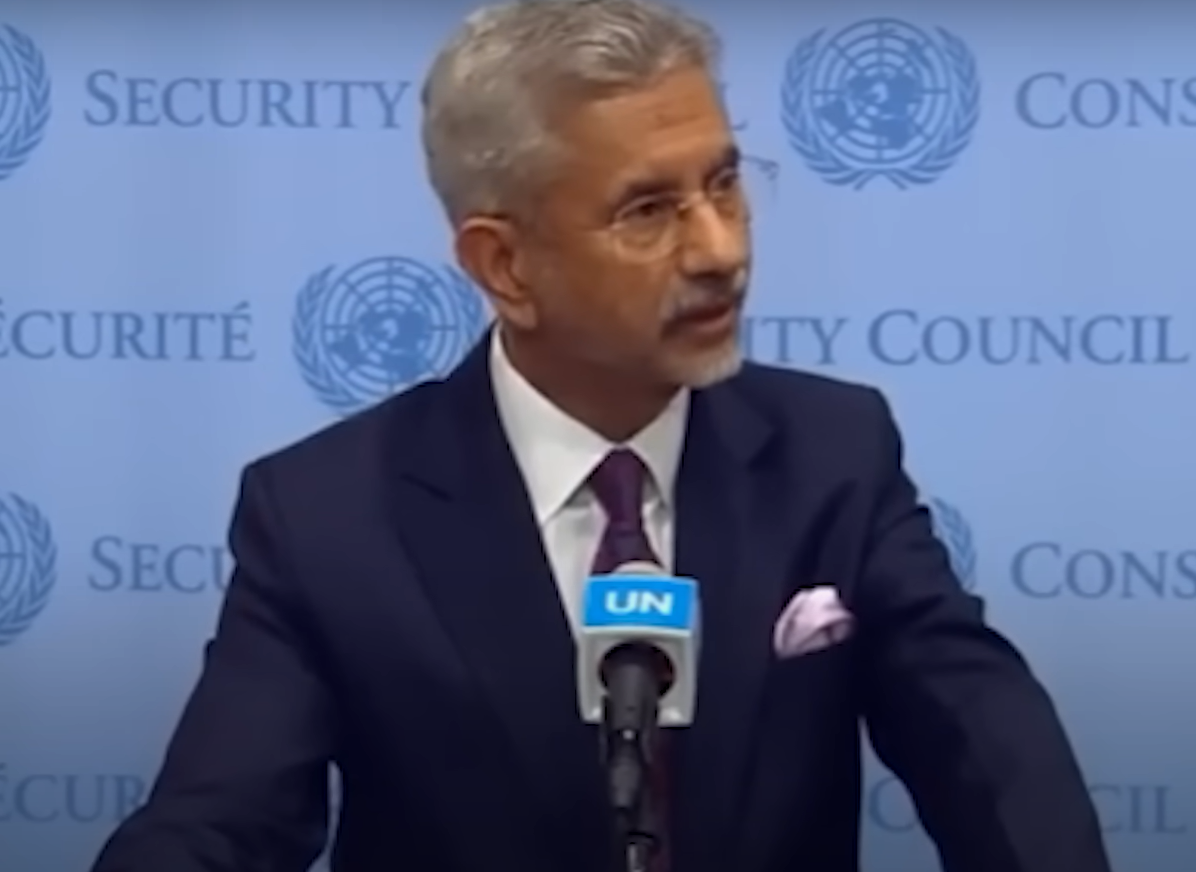Indo-Canadian Relations questioned with the arrest of three Indian nationals in connection with the murder of pro-Khalistani activist Hardeep Singh Nijjar in British Columbia, Canada, has cast a spotlight on the intricate dynamics between India and Canada.
Table of Contents
Arrest of 3 Indians:
The arrest of the three Indian nationals in the Nijjar murder case has brought to the forefront the strained relations between India and Canada. This incident has sparked concerns about the involvement of Indian citizens in activities that challenge the sovereignty and security of Canada. It has also highlighted the challenges that arise when individuals from one country are linked to controversial issues in another, affecting diplomatic relationships.

1. Arrests and Charges: Unveiling the Intricacies of the Murder Case
3 Indian nationals, Karanpreet Singh, Kamalpreet Singh, and Karan Brar, find themselves at the center of a legal storm, having been arrested and charged with first-degree murder and conspiracy to commit murder in the tragic case of Hardeep Singh Nijjar’s killing. This significant development marks a pivotal juncture in the ongoing investigation into Nijjar’s murder, which shook British Columbia last year.

2. Response from Indian Authorities: Navigating Diplomatic Waters Amidst Tensions
Indian External Affairs Minister S Jaishankar acknowledges the arrests and underscores the necessity for more comprehensive information from Canadian authorities. Concerns regarding organized crime emanating from India, particularly from Punjab, and its operational reach in Canada have been articulated, underscoring the imperative for bilateral cooperation to effectively tackle such transnational challenges.
3. Diplomatic Exchange: Echoes from the Diplomatic Arena
Echoes from the diplomatic arena resound as both Jaishankar and India’s High Commissioner to Canada, Sanjay Verma, weigh in on the arrests. Verma anticipates regular updates from Canadian authorities but refrains from further commentary, asserting that the matter is internal to Canada.
4. Investigation Details: Unraveling the Threads of the Probe
Canadian law enforcement agencies are in active pursuit of unraveling the complexities surrounding the case, with concerns raised regarding potential links of the arrested individuals to the Indian government. Assistant Commissioner David Teboul confirms the ongoing investigations and hints at the possibility of further arrests or charges as the probe unfolds.
5. Political Landscape in Canada: Navigating the Influence of Internal Dynamics
Jaishankar underscores the influence of internal politics in Canada, particularly in the run-up to elections, on the handling of the case. He points to the burgeoning presence of pro-Khalistani elements leveraging Canada’s democratic setup, emerging as a significant political constituency.
6. Criticism of Canada’s Cooperation: Addressing Extradition Challenges
Jaishankar voices criticism over Canada’s perceived lack of cooperation in extraditing individuals sought by India, citing ignored extradition requests for 25 individuals, predominantly pro-Khalistani. He emphasizes the pressing need for Canada to address concerns related to visa provision, legitimacy, and political space accorded to such individuals, which has strained bilateral relations.
7. Broader Implications: Navigating Through the Maze of Complexities
The murder of Nijjar unveils broader challenges encapsulating India-Canada relations, particularly concerning extremism, extradition, and internal political dynamics within Canada. Amidst these complexities, cooperation and dialogue emerge as imperative for addressing mutual concerns and upholding diplomatic stability.
8. Additional Insights: Delving into the Pro-Khalistani Movement and Extradition Hurdles
Implications of the pro-Khalistani movement for Indo-Canadian relations are scrutinized, with concerns looming over radicalization and political interference. The longstanding extradition challenges between India and Canada pose formidable obstacles to cooperation in counterterrorism endeavors.
9. Call for Cooperation: Forging Pathways Towards Mutual Resilience
Efforts geared towards enhancing bilateral cooperation in security, law enforcement, and intelligence sharing are deemed indispensable for navigating shared threats and preserving regional stability. Engaging in dialogue and fostering understanding between Indian and Canadian authorities, alongside community outreach initiatives, hold the key to mitigating the sway of extremist ideologies and fostering mutual respect for the rule of law.
Conclusion: How did It Affect Indo-Canadian Relations?
The arrest of three Indian nationals in connection with the murder of Hardeep Singh Nijjar epitomizes the intricacies and challenges inherent in India-Canada relations, particularly amidst the backdrop of the pro-Khalistani narrative. As both nations navigate through these complexities, fostering cooperation, transparency, and adherence to the rule of law stand paramount in maintaining diplomatic equilibrium and countering shared threats effectively.
Read about Terror Attack: Unraveling the Recent Terror Attack on IAF Convoy in Poonch District, Kashmir
FAQs
Who Is Nijjar
Hardeep Singh Nijjar is believed to be associated with the pro-Khalistani movement, which advocates for an independent Sikh state called Khalistan in the Punjab region of India. Nijjar’s involvement in the Khalistani movement allegedly includes ties to militant activities aimed at achieving Khalistan. He has been accused by Indian authorities of being involved in planning and financing terrorist acts.
What is Khalistan?
Khalistan is a term used by some Sikh separatist groups to refer to a proposed independent Sikh state in the Punjab region of India. The term “Khalistan” is derived from two Punjabi words: “Khalis,” meaning pure, and “Stan,” meaning land or place. The movement for Khalistan emerged in the 1970s and gained momentum in the 1980s, particularly amid perceived grievances among Sikhs regarding political, economic, and social issues in India.
